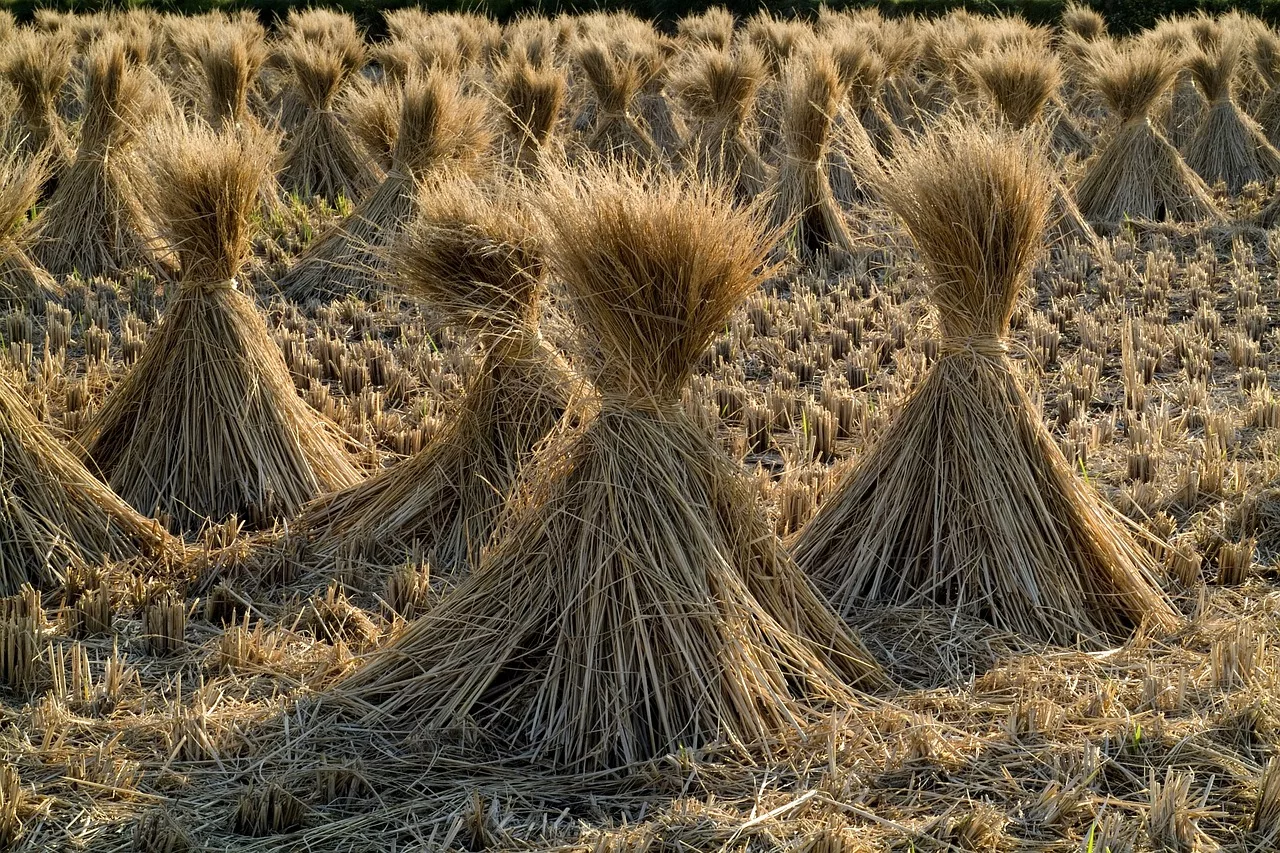2nd Renovation Lunch: Renovating With By-Products of Rice Cultivation as Sustainable Insulation Material
The EU Renovation Lunches are a new online format, which brings municipalities, local and regional authorities and stakeholders from all over the EU together. It provides an open and informal space to exchange about best practices, learnings and difficulties in implementing renovation but also to find partners for cooperation and support.

Online
20 February 2024
The EU aims at an annual renovation rate of 3% for buildings. To reach sustainability goals and avoid drowning in unusable and non-degradable waste of the building industry, the demand for sustainable building materials in refurbishment is on the rise. For example, the French government has presecribed a rate of 50% of bio-based material for subsidised all building constructions by 2022.
Agenda and Key Topics
In the second edition of the Renovation Lunch, Alessio Colombo, CEO and Cofounder of CLEVER Cities project will be sharing insights, successes, challenges and learnings of his project and its sustainable material use. The CLEVER Cities project has retrofitted four towers of social housing owned by the Lombardy region, public residential buildings. Their entire facades were renovated using rice husks. Allessio Colombo will give insights into how the use of rice husk was a solution regarding sustainability issues as well as into the challenge regarding financing.
There will also be enough space to share thoughts and asking questions.
The event will take place online from 12 to 1pm.
Registration
If you are interested, please register here.
The Zoom link will then be sent to registered participants one day before the event.
About EUKI project Sustainable Building Renovation – Forming the Future” (SURF)
EUKI project SURF is implemented by Deutsche Umwelthilfe (DUH), Energiaklub Climate Policy Institute and Applied Communications Association (Energiaklub) and Energy Efficiency and Renewable Energy Agency “Ae3R Ploiesti-Prahova” and aims at initiating deep and sustainable building renovations in municipalities via capacity-building and strengthening exchange. Main elements are a peer-to-peer learning program, online training series, and transnational network activities
